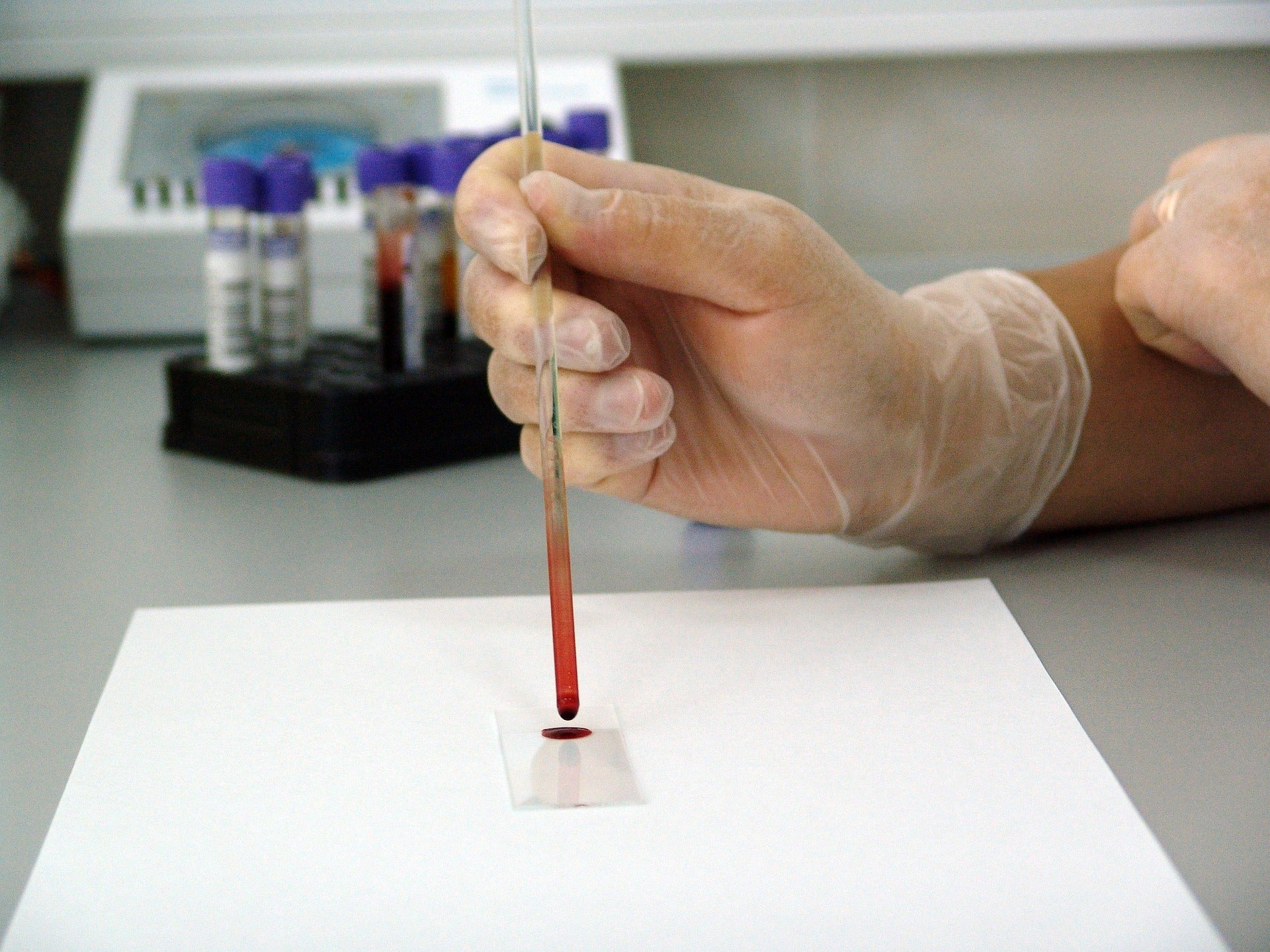
Daxor has announced data from a new study to validate the clinical benefits of its BVA-100 diagnostic in optimising individualised therapy for heart failure (HF) patients.
The US-based company is engaged in developing blood volume measurement technology.
Its BVA-100 is a diagnostic blood test that is said to offer a safe, accurate, objective quantification of blood volume status and composition compared to patient-specific norms.
The blood volume analyser (BVA) is cleared by the US Food and Drug Administration (FDA).
The study named “Persistent Pressure-Volume Dissociation During CardioMEMS Monitoring” was presented at the Technology Heart Failure Therapeutics Conference.
It compared volume and pressure in heart failure patients who underwent CardioMEMS implantation, a frequently used pressure measure for volume assessment discordant, with direct measurement of total blood volume using Daxor’s BVA diagnostic.
The study’s lead investigator Veraprapas Kittipibul said: “Less than half of patients had concordant pressure-volume changes during CardioMEMS monitoring.
“Universal volume-directed interventions (i.e. diuretics) in HF patients with high pressures might not be appropriate and should be discouraged.”
Additionally, Daxor also announced a new pilot randomised control trial (RCT) data that shows the accuracy of the BVA-100 diagnostic in optimising decongestion therapy for heart failure patients.
In a trial group of 31 patients, the analyser reduced the hospital length of stay also.
The company used its BVA in hospitalised heart failure patients to assess the effects of BVA-guided care on decongestion therapy and results compared to standard treatment of care.
The study tested BVA within a day of admission and a day before discharge, along with assessment by physician for congestion in both arms.
As per the findings, the RCT showed almost no correlation between physician assessment of congestion on admission compared to BVA results.
The pilot’s principal investigator and presenter Marat Fudim said: “Until we measure blood volume, we really don’t know if patients have a normal blood volume or not.
“BVA testing done early during hospitalisation is feasible and helps clinicians get to the right treatment decision earlier.”






